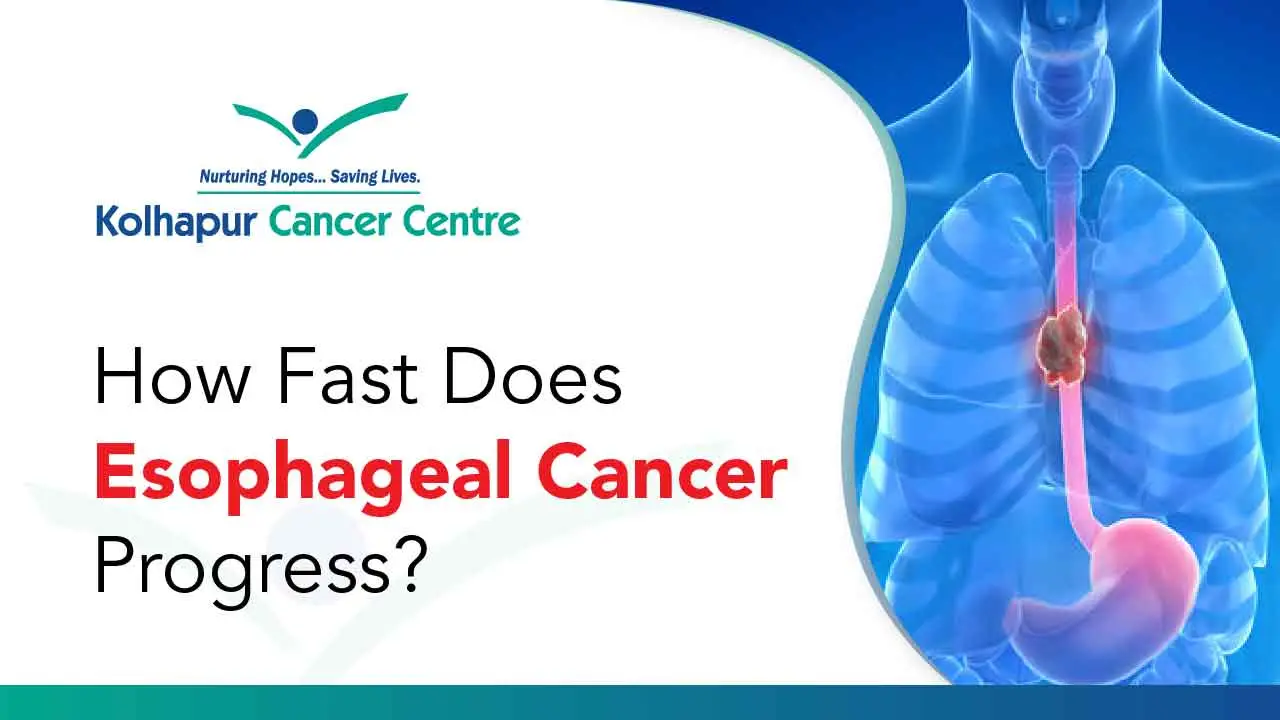Does Esophageal Cancer Spread Quickly?

Cancer Metastasis
Factors Influencing Spread Or Metastasis in Esophageal Cancer
Esophageal cancer, like many other cancers, isn’t a one-size-fits-all diagnosis. The rate and pattern of spread can vary dramatically based on multiple factors. Tumor aggressiveness, stage at diagnosis, and the presence of lymph node involvement all play a significant role. Here’s a closer look at what influences the spread of esophageal cancer.
Tumor Type and Stage
The type of esophageal cancer—adenocarcinoma or squamous cell carcinoma—can have different spreading tendencies. Additionally, the stage at which it’s diagnosed is critical. Early-stage cancers have a lower risk of spreading, while advanced tumors have a higher propensity to metastasize.
Lymph Node Involvement
Lymph nodes act as a barrier against the spread of cancer. If esophageal cancer has reached the lymph nodes, particularly those closely located near the esophagus, it implies a higher risk of systemic spread.
Metastasis to Distant Organs
When esophageal cancer spreads beyond the lymph nodes to distant organs such as the liver, lungs, or bones, it significantly changes the treatment approach and prognosis. The process of investigating these potential spread sites, through tests like PET scans, is a vital step in cancer staging.
Where Does Esophageal Cancer Usually Spread First?
How Quickly Does Esophageal Cancer Grow?
The growth rate of esophageal cancer can vary widely. In some cases, especially with adenocarcinomas, the growth can be relatively slow, leading to local spread over a period of years. On the other end, squamous cell carcinomas are often associated with a more rapid development and spread. Understanding the speed of growth can assist patients and their oncologist in determining an appropriate treatment plan and frequency of monitoring.
Rapid Spreading Cases
Esophageal cancers that grow and spread rapidly often lead to symptoms and a more advanced cancer stage at diagnosis. Because of the aggressive nature of these tumors, immediate and comprehensive treatment is imperative.
Slow-Progressing Instances
In contrast, slow-growing esophageal cancers may be less symptomatic, making early detection through routine screenings difficult. However, they still demand a proactive approach to prevent or manage metastasis.
Implications for Treatment
The speed and pattern of esophageal cancer’s spread profoundly impact treatment decisions. Treatment for localized disease may include surgery, chemotherapy, radiation, or a combination. However, when cancer has metastasized, the primary goal shifts toward managing symptoms and slowing the growth.
Impact on Treatment Decisions
If esophageal cancer is found to have spread, curative treatment options become more limited. Instead, palliative care may become a primary focus, aiming to improve the patient’s quality of life by managing symptoms and providing emotional support.
Prognosis Considerations
Metastasis typically indicates a more advanced stage of cancer, which can affect the prognosis. Survival rates for metastatic esophageal cancer are generally lower than for localized disease. However, each case is unique, and survival can vary based on individual factors such as overall health and the effectiveness of treatment.
What Are the Signs That Esophageal Cancer Is Getting Worse?
How Long Can You Live with Esophageal Cancer That Has Spread?
This is a question that often comes to mind in a metastatic cancer diagnosis. Survival rates and life expectancy can vary significantly. Factors such as overall health, age, treatment response, and the specific sites of metastasis all influence an patient’s survival timeframe. We always encourage patients to speak openly with their care providers to understand their unique situation fully.
Contact KCC, Kolhapur Today for Your Cancer Treatment
Esophageal cancer is a complex disease with various routes and speeds of spread. For patients facing this diagnosis, understanding the intricacies of cancer growth and metastasis is key to managing and treating the condition effectively.
If you or someone you know is grappling with esophageal cancer, KCC Cancer Hospital provides compassionate care and comprehensive treatment options. Don’t hesitate to reach out to us for support, whether seeking treatment or simply wanting to learn more about your situation. Remember, knowledge is power, and we’re here to empower you on your cancer journey.
Previous article
Next article

